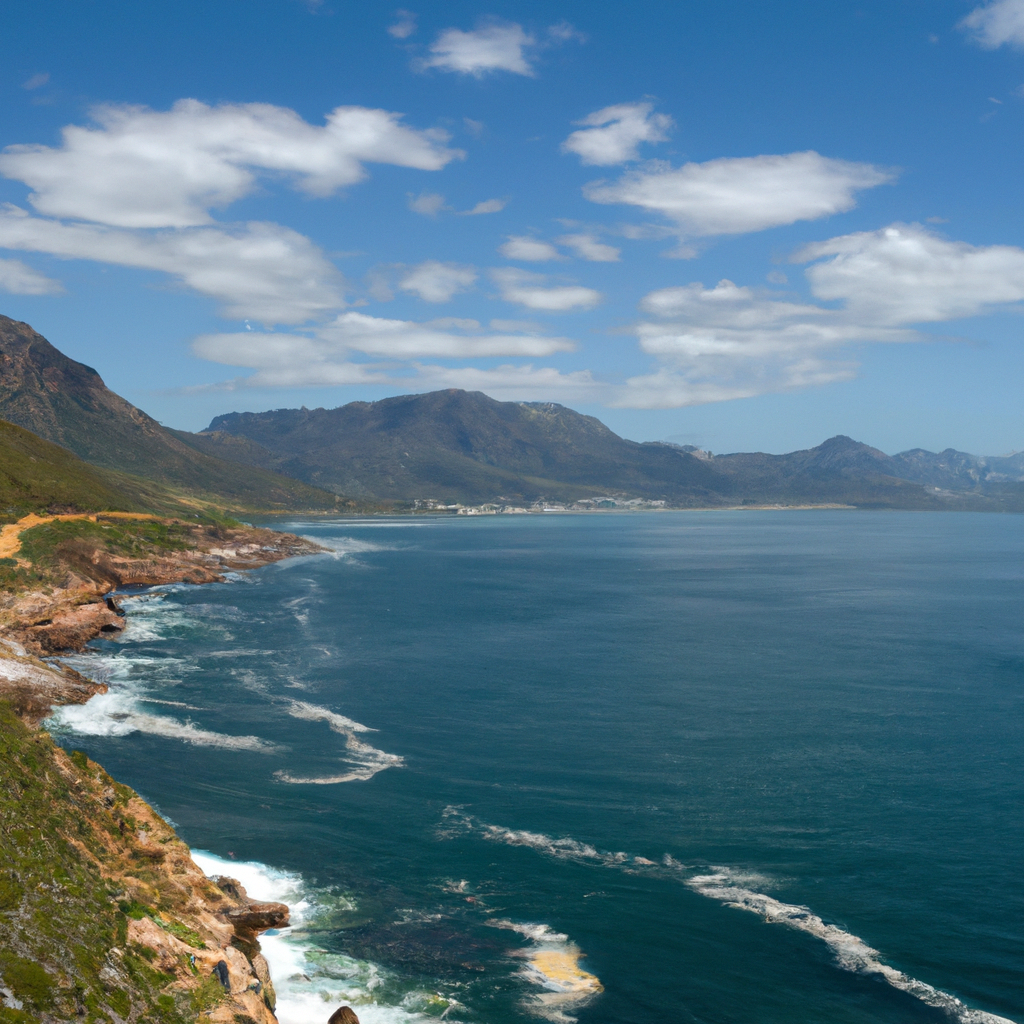What are the best locations for stargazing, astronomy observation, and astrophotography in South Africa?
Post ByAdequate Travel
Summary
Are you interested in experiencing the vast, dark night sky? South Africa is considered one of the best places in the world for stargazing, astronomy observation, and astrophotography. In this blog, we will discuss some of the best places in South Africa for those interested in space exploration. While planning your trip, take note of any travel restrictions that may impact your itinerary, such as limited access to certain regions or attractions.1. Sutherland
Sutherland, located in the Northern Cape province, is widely regarded as one of the best locations for stargazing in South Africa. The village is situated at a high altitude of about 1,450 meters, making it ideal for clear and unpolluted night skies.
Home to the South African Astronomical Observatory (SAAO), Sutherland benefits from its remote location, with limited light pollution and dry climate. The SAAO operates the largest optical telescope in the southern hemisphere, known as the Southern African Large Telescope (SALT), which is a major attraction for astronomers and astrophotographers.
2. Kruger National Park
Kruger National Park, located in northeastern South Africa, offers a unique stargazing experience combined with wildlife observation. The park has designated areas for astronomical observation, where visitors can enjoy marveling at the stars while surrounded by the peaceful African wilderness.
Due to its vast size and relatively low levels of light pollution, Kruger National Park provides an excellent opportunity for astrophotography. The absence of city lights allows for capturing stunning images of the Milky Way, celestial objects, and even celestial events like meteor showers.
3. Table Mountain, Cape Town
Table Mountain in Cape Town provides an urban stargazing experience, allowing visitors to observe the night sky in conjunction with a spectacular cityscape. While light pollution can be a challenge, especially from the city center, there are certain spots on Table Mountain that offer better conditions for stargazing.
One such spot is the nearby Table Mountain National Park, which provides a slightly darker sky and less light pollution. Hiking up the mountain to designated viewpoints can afford stunning views of the cosmos, particularly during periods of low atmospheric humidity.
4. Tswalu Kalahari Reserve
Tswalu Kalahari Reserve, located in the Northern Cape, is a private game reserve renowned for its exclusive safari experiences. Aside from its wildlife, the reserve offers excellent stargazing opportunities in the heart of the Kalahari Desert.
The surrounding desert environment and the lack of large-scale human settlements result in minimal light pollution and crystal-clear night skies. Stargazing activities can be arranged with experienced guides, ensuring a memorable and educational experience for astronomy enthusiasts.
5. Cape Agulhas
Cape Agulhas, the southernmost point of Africa, boasts stunning coastal landscapes and a relatively dark sky. The absence of large cities in the vicinity allows for clearer views of the heavens.
For astrophotographers, Cape Agulhas offers unique opportunities to capture impressive long-exposure shots with the iconic lighthouse or the rocky coastline as foregrounds. Being close to the ocean also adds an extra dimension to stargazing, providing the possibility of observing celestial objects reflected on the water's surface.
These locations provide diverse options for stargazing, astronomy observation, and astrophotography, catering to different preferences and experiences.Travellers can find valuable travel information for tourists, such as local customs, must-see attractions, and dining recommendations, to make the most of their trip.Suggested Questions
- Hout Bay Manor, Hout Bay: Horror Story, History & Paranomial Activities
- Melrose House, Pretoria: Horror Story, History & Paranomial Activities
- Driekopseiland, Limpopo River: Horror Story, History & Paranomial Activities
- Lady Grey Museum, Lady Grey: Horror Story, History & Paranomial Activities
- The Big Hole, Kimberley: Horror Story, History & Paranomial Activities
- Old Fort, Johannesburg: Horror Story, History & Paranomial Activities




.jpg)





